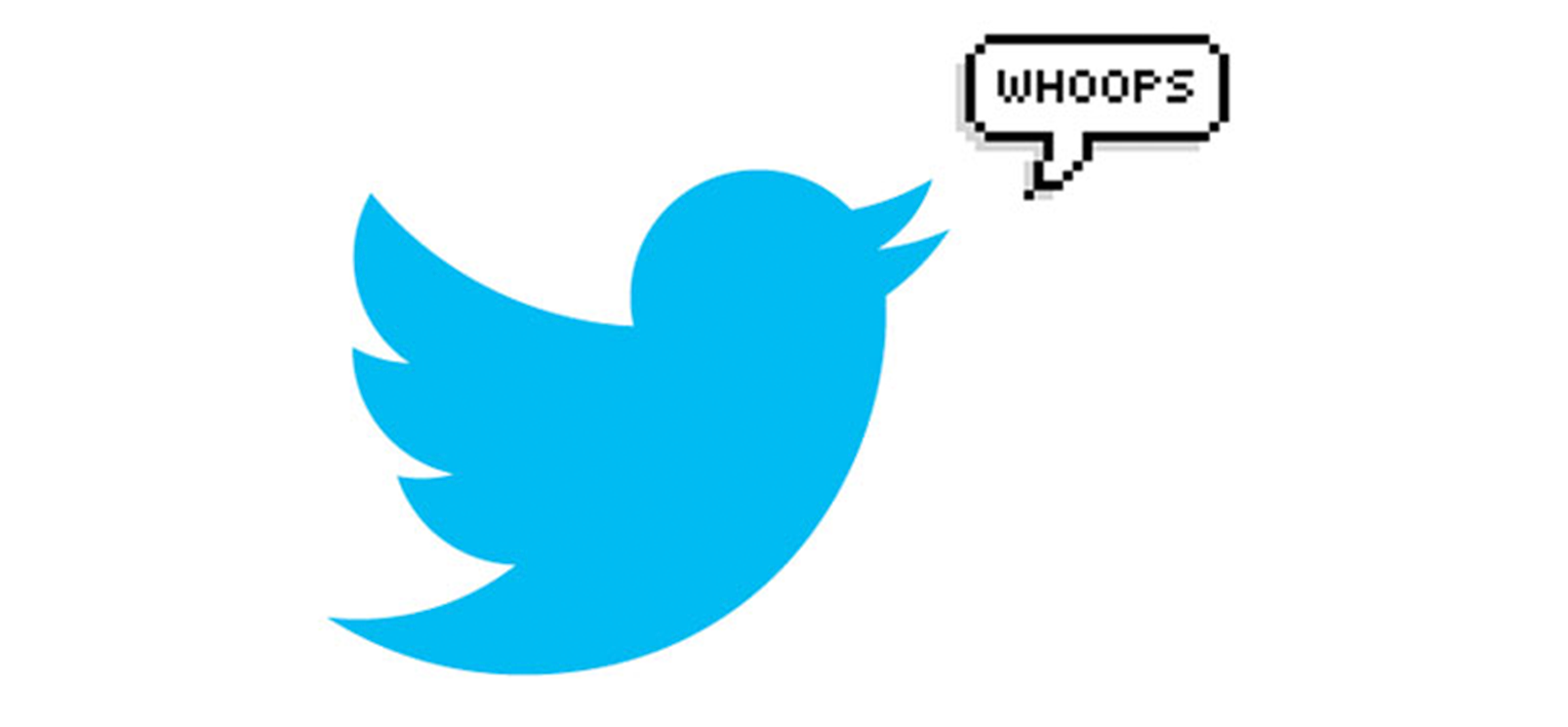– As many of you may know, Twitter is an incredibly popular social media site where people from all over the world are able to hold conversations with each other across a public forum.
However, it’s not always a smart idea to adapt your brand to the Twitter conversation. Sometimes, it seems as though brands or organizations just think “Oh, it’s Twitter, it’s popular, it’s where people are talking; let’s get some insight from the Twitter world!”
One of the most exciting parts of social media is the experiment behind trying out these new medias that arise, but you may want to analyze that medium’s demographic before giving it a test run! For example, the 18-29 demographic dominates Twitter, and that is probably not the best target demographic for Bill Cosby or Dr. Oz.
Furthermore, the millions of users on Twitter don’t miss a thing. Whether it be a scandal from the past, a recent controversy or even failed attempts at success, you better be ready for that Twitter audience to not only let you know about it, but also rip you a new one.
Most recently, this dilemma was seen in two different, and embarrassing, cases.
Bill Cosby recently took to Twitter on Nov. 10, asking for users to use a meme generator to share their own unique versions of Cosby memes by tweeting #CosbyMeme. Unfortunately for Cosby, it didn’t take very long for the world of Twitter to use the meme generator to highlight all of Cosby’s wrongs of the past. (Specifically, 20-year-old rape allegations that recently resurfaced thanks to the many Twitter users who remember everything).
The meme generator was quickly taken down from Cosby’s Web site. Since then, Netflix postponed Bill Cosby’s upcoming stand-up comedy special, and former supermodel Janice Dickinson came out and alleged that, she too, has been a victim of Bill Cosby.
Cosby’s team probably thought this would’ve made him seem more “hip” or “trendy” in the social media world, but it instead highlighted his faults and controversies.
Similarly, Dr. Oz recently took to Twitter to hold a Q&A session. He asked users to tweet him with any questions they may have by using the hashtag #OzsInbox.
Well, let’s just say his inbox was overwhelmed with tweets that Dr. Oz and his team didn’t want to read. Twitter quickly began throwing Dr. Oz questions that “trolled” his questionable medical tips and tactics that he provides on his show.
Most likely, Dr. Oz and his team learned that Twitter was not the place for them to go for a Q&A. His credibility was put underneath the microscope of the all-knowing world of Twitter users (I’m telling you, they don’t miss a thing!)
Not to mention, the demographic that watches Dr. Oz on a regular basis (also known as the target audience who would actually WANT to ask him questions) almost doesn’t even exist on Twitter. (His show is strong in the in the 50-65+ demographic, which only makes up of about 16% of Twitter’s user base).
To put it simply, the older folks at home watching Dr. Oz most likely don’t even have Twitter accounts. Instead of getting important medical questions that Dr. Oz’s team probably wanted to answer, the hashtag #OzsInbox was overflowing with insults toward Dr. Oz’s reputability, medical ignorance and questionable approaches.
Both of these failed attempts at using social media as an advantage to become trendy or popular for the day are something that brands, organizations and agencies can learn from.
Be prepared. Be prepared for the good, the bad and especially the ugly. Twitter users are not shy when it comes to showcasing one’s ignorance or highlighting mistakes or errors that one has made. Both Cosby and Dr. Oz’s social media efforts became ugly so fast, and there was no possible way of turning around the negativity to create a positive. Their feeds were FLOODED with nothing but Twitter users showing them how bad they look. Twitter can, and will, turn on you!
If your agency, brand or organization has any hidden secrets, former troubles or a possibly embarrassing past, then don’t go to Twitter until you’re ready to respond to those demons. You can guarantee that SOMEONE out there knows about all of those things and will be more than happy to let you and the whole Twitter world know about it. Think about the millions of Twitter users who love telling people that they’re wrong; they’re sitting on their mobile phones or at their computer desks WAITING to prove how wrong you may be!
Blindly following social media trends is never an okay thing, and I think that’s what both Cosby and Oz’s teams did. Before taking a Twitter leap of faith, be prepared for what someone could bring up in your Twitter conversation. (Test out the waters by dipping your toes in, otherwise the Twitter sharks will come to eat you).
And also, have your brand, organization or agency propose the question … If this conversation is going to turn negative, how can we work promptly to turn that negative into a positive before it’s all too far gone? It’s always better to be proactive rather than reactive.
We need to be using the right media outlets to reach our target demographics, and sometimes that demographic isn’t prevalent on some of our most popular social media. Think before you tweet or ask people to share Twitter thoughts, and most of all, BE PREPARED!
